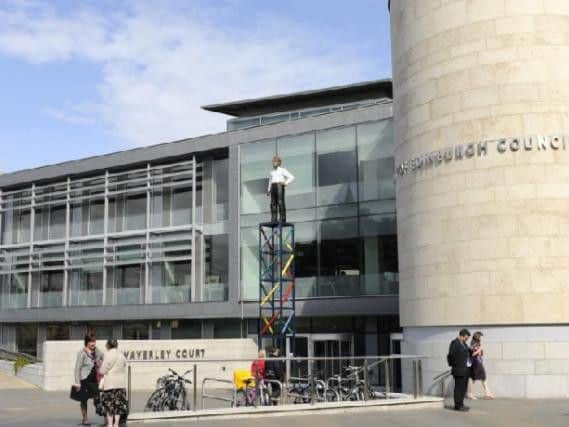Edinburgh Council's homelessness case length now averaging 365 days


An audit report of the council’s homelessness service, presented to the authority’s governance, risk and best value committee, also revealed that the average case load per officer is now 138 cases.
Convener of the committee, Cllr Joanna Mowat, said the statistics were “shocking”.
She added: “It shows a service under severe pressure.”
Advertisement
Hide AdAdvertisement
Hide AdLabour Cllr Gordon Munro said: “I am concerned that workload is stressful for the homeless and the officers helping people find a home.
“These figures are scary and they are increasing. Edinburgh is hugely underfunded but it also has a pull effect as the Capital of Scotland. Both need to be both acknowledged and addressed.”
The report shows that as of March, there were 24.5 full time officials managing 3,876 homeless cases. It adds that in 2018/19, “the average case length for homelessness applications was 365 days, up from 293 days in 2017/18”.
The document adds: “The service has advised this increase is due to a lack of permanent or settled housing and increased presentations from private rented sector tenants.
Advertisement
Hide AdAdvertisement
Hide Ad“It was noted the average caseload per officer was 138 cases. Management advised that, officers generally have one day per week for casework, which makes providing support to all cases challenging so prioritisation from officers is on a case by case by case basis.”
Four additional housing officers for homelessness services have been appointed, to help lesson the case load.
Cllr Kate Campbell, convener of housing, homeless and fair work, said: “We recognise the pressure the housing options team are under, and that they work incredibly hard. Making sure they are properly resourced is a priority which is why, as part of the budget process, we put in additional resources to support them.
“Improved processes and systems are also being developed and should help officers to free up time to focus on supporting our most vulnerable citizens.”